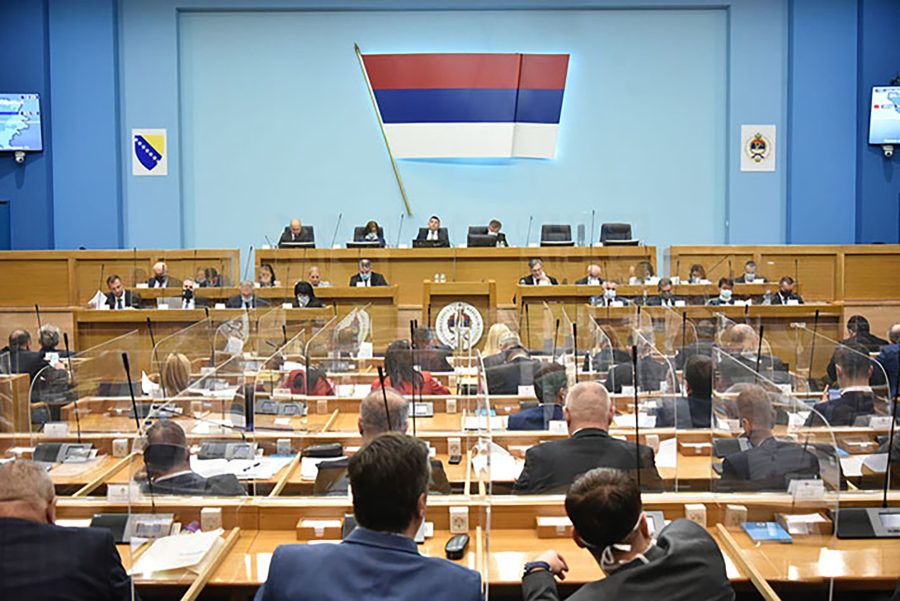North Macedonia is set to take a major leap forward in regional infrastructure, as Deputy Prime Minister and Minister of Transport Aleksandar Nikoloski announced the formation of a Coordinating Body to implement a landmark partnership agreement with the United Kingdom for infrastructure development.
“By Tuesday, we will have established the Coordinating Body. The Ministry of Finance will launch the process of securing funding, and we will choose the most favorable financing option,” Nikoloski said during an interview on the TV program Top Tema.
The first major initiative under the deal is the construction of a high-speed railway connecting Tabanovce in the north to Gevgelija on the southern border with Greece—an ambitious north-south corridor that aims to transform the region’s connectivity.
Nikoloski noted that international financial institutions will be invited to submit funding offers in a transparent, competitive process. While the UK is the primary expected financier, he emphasized that offers from other countries would be considered if more favorable.
“If another state offers better financing conditions than the UK, we’ll go with them,” Nikoloski stated.
The contractor for the railway will be selected via North Macedonia’s Public Procurement Law, through a “competitive dialogue” rather than a classic tender process—focusing on companies that meet strict technical and execution criteria.
“This will not be a backdoor deal or a classic open tender. It’s about setting clear standards to ensure that what happened with the Ohrid–Kičevo highway won’t happen again,” he warned, referencing long delays and controversy surrounding that project.
What sets this UK-North Macedonia deal apart is its political nature. Unlike the UK’s commercial agreements with Turkey and Serbia, this marks the first political infrastructure partnership of its kind in the region, aimed at long-term strategic collaboration.
Under the agreement, up to 20% of the construction work and 30% of the components will originate from the UK. However, the labor force can be entirely local.
“There are no restrictions on labor. All workers can be from North Macedonia—unlike the Sinohydro deal where 51% had to be done by Chinese workers,” Nikoloski said.
The British contribution is expected to focus on advanced railway signaling systems—technology that is not currently produced locally.
Nikoloski emphasized transparency in financing, stating that the government would only accept funding with a single, clearly defined interest rate and no hidden fees.
“Our demand is simple: one fixed cost. No small-print bank charges. If we sign for 10% interest, that should be the only cost. We want predictability and clarity for our national budget,” he said, adding that the deal would likely include a long repayment period, a generous grace period, and a low-interest rate.
The UK, seeking to expand its global influence post-Brexit, appears to be leveraging strategic partnerships beyond traditional EU frameworks. This deal with North Macedonia could set a precedent for other Western Balkan countries, offering a political and economic counterweight to Chinese-led projects in the region, such as those under the Belt and Road Initiative.
For North Macedonia, this is not just about tracks and trains—it’s about trajectory. If managed transparently and efficiently, this project could symbolize a turning point for the country’s development narrative and its EU accession prospects.



